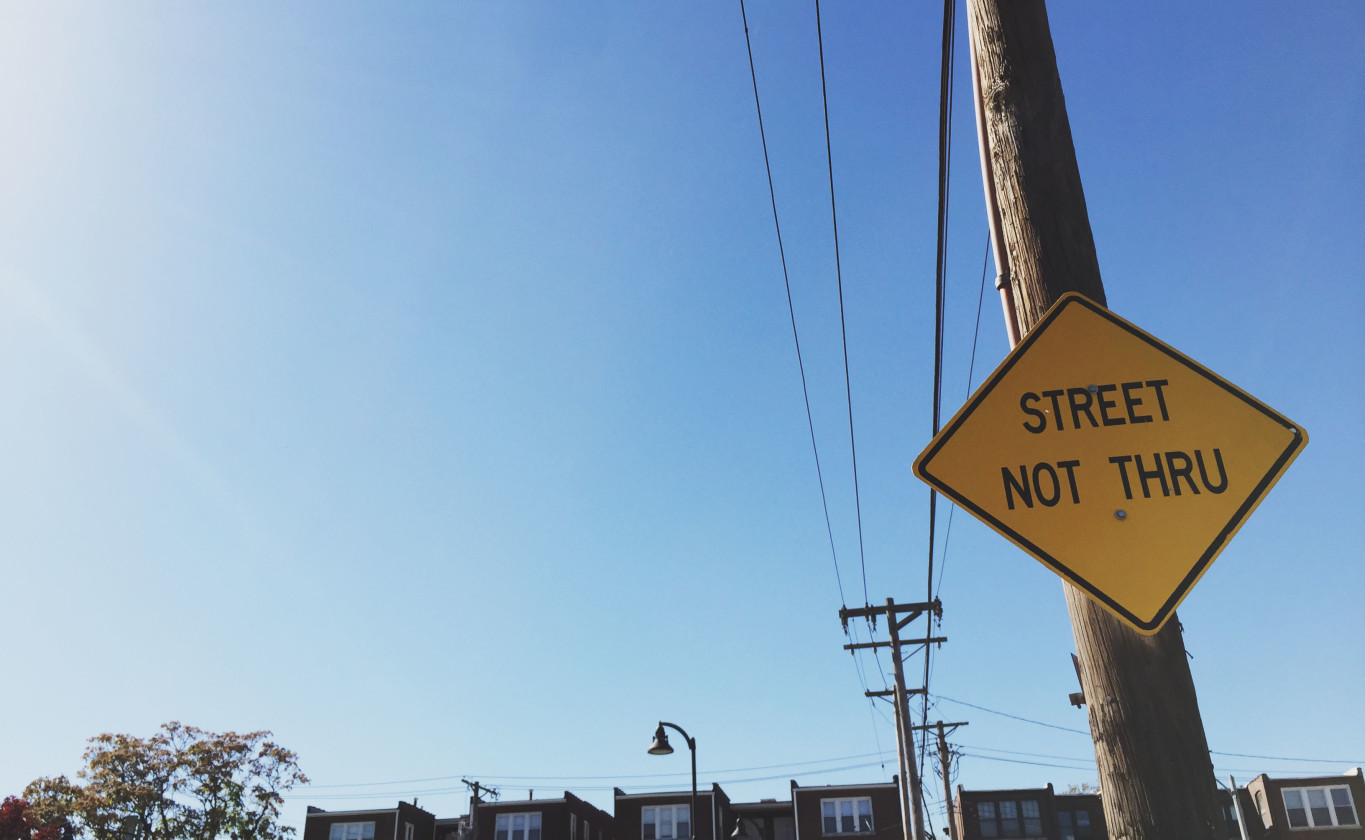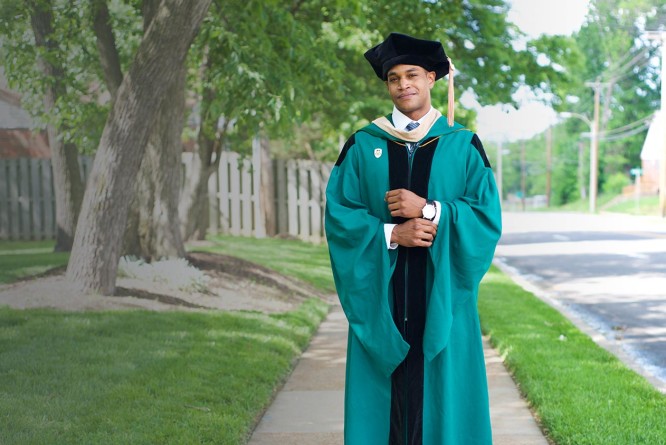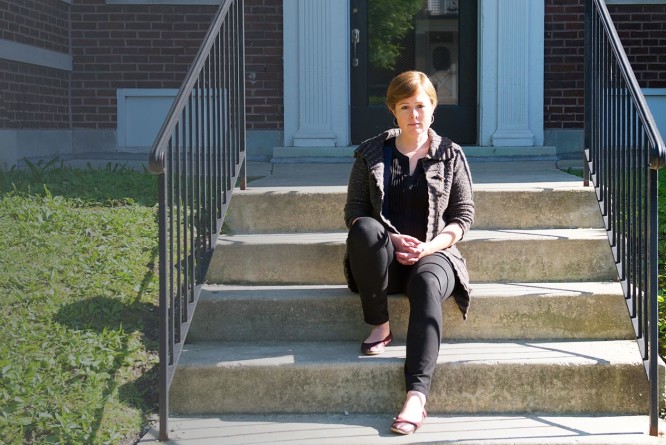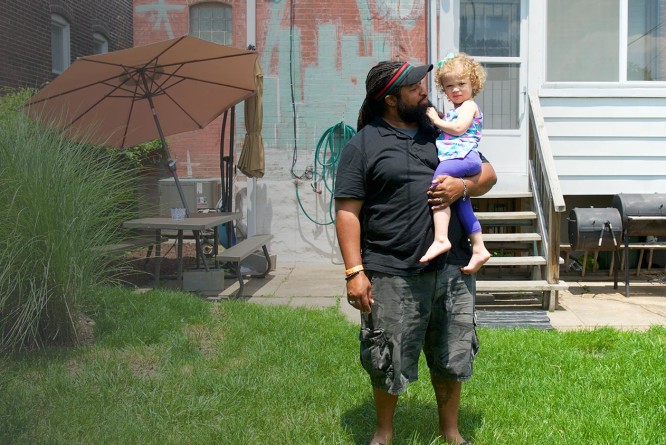Deciding where to make your home is challenging enough when you’re familiar with where you’re moving. For those who transplant to St. Louis from an entirely different city, state, or country even, the advice of contacts in your soon-to-be-local area can provide valuable insights.
When 26-year-old Mike F. moved to STL last year to start a job as a nutrition researcher at Dupont, the Ohio native and his wife, who’s a special education consultant with shared Buckeye roots, got some advice about where to look… and look away.
“We didn’t know anything about St. Louis, but wanted something centrally located,” Mike says. “Before we [started] looking, we were basically told ‘Central West End, straight west – south is okay…’ but not to go anywhere north…”
The couple took some part of what they heard and got a spot close to Mike’s workplace that’s not too far from “the CWE,” a well-to-do, hip area the American Planning Association named one of 2014’s ten Great Neighborhoods.
And they did go south, though not nearly as far as people probably meant when they pointed in that direction.
“We found a place on Delmar and DeGiverville, right on the edge of the Delmar,” says Mike. The place they rent is right on the cusp of what’s known locally (and internationally) as the Delmar Divide, an area where a couple football fields’ distance means that an average house on the “good side” costs $310,000 while one on the other costs $78,000.
“It’s amazing, you know. We’ll walk a block south, and it’s post-docs, or faculty, and students. [Then] you cross Delmar and walk the dog around there – completely different scenery. And it’s in the snap of a finger. It really is.”
This rather immediately perceptible disparity is one of the main reasons Mike and his spouse decided to live where they are. “Where I’m from, there’s no diversity,” Mike says. Here in St. Louis, he and his spouse wanted something different from what they’d been used to in “white, middle-class suburbia.” He adds, “I think it’s important for white people to experience being in the minority,” and notes how “eye-opening” it’s been to make friends where they’re the only white couple in their immediate area.

Mike attending a Venture Cafe session
When family came to visit, in fact, they felt that difference on their first night in St. Louis city… and they weren’t completely comfortable with it. Mike chalks that up at least in part to generational openness to what’s unfamiliar. “Whether it’s a different race, or a different income level… with my generation it’s not an issue. My parents’ generation has a bit more of a struggle… it varies,” he says.
Among other considerations, Mike and his wife prioritized two things – proximity to work and urban amenities; and racial and economic diversity – in their search for a place to set up their home and start building a sense of community and connection to St. Louis.
The reasons we choose to live one place over another obviously depend on personal values, limitations, goals. In future pieces related to housing, we’ll hear from folks whose priorities overlap with those Mike talked about. But we’ll also look into concerns that eclipse those mentioned here, especially when it comes to households with children, or people with disabilities.
So how about you? What’s shaped your decision to live where you do? What are your top three ‘non-negotiables?’ And what changes in your area would significantly improve quality of life for all who live in your community?
By Elaine Cha for #FwdThruFerguson





#FwdThruFerguson